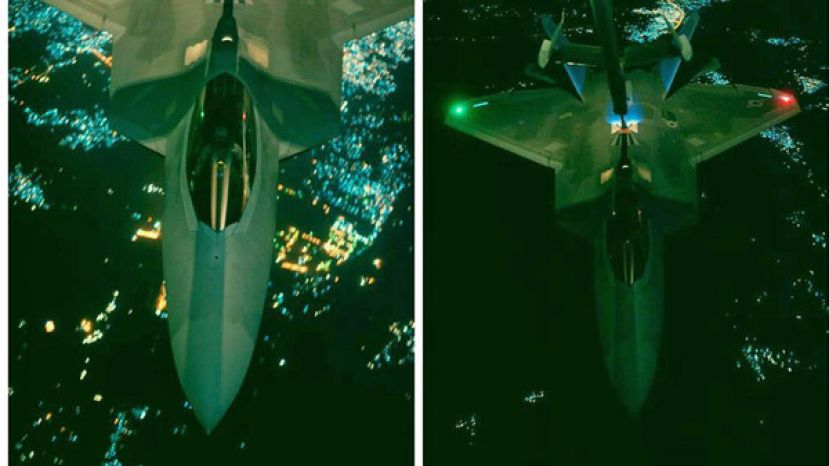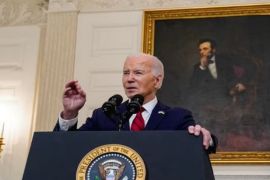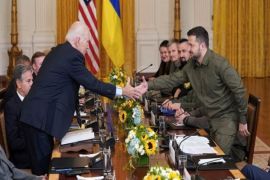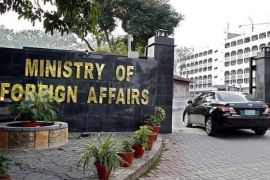U.S.-led forces launched another wave of air strikes against Islamic State of Iraq and Syria (ISIS) fighters besieging a Syrian-Kurdish town near the Turkish border on Wednesday, Kurdish sources in the town and a monitoring group said, according to Reuters news agency.
A Reuters correspondent on the Turkish side of the border heard jets overhead and saw a column of black smoke rising into the sky from the southeast of the town of Kobani.
Esmat al-Sheikh, commander of the Kurdish forces defending Kobani, said there were five strikes but that he did not yet know if they were successful. “Jets are still circling overhead,” he said by telephone.
The head of the Syrian Observatory for Human Rights Rami Abdulrahman said Kurdish sources on the battlefront reported seeing dead ISIS fighters at the strike sites. “Kurdish people saw the bodies,” he said.
“Today, American jets hit a village that is 4-5 kilometers southeast of Kobani and we heard they destroyed one (ISIS) tank,” Parwer Mohammed Ali, a translator with the PYD Kurdish group, told Reuters by telephone from Kobani, known as Ain al-Arab in Arabic.
Earlier, a monitoring group said at least five air strikes targeted ISIS fighters outside Kobani.
The strikes hit ISIS fronts south and southeast of the town, which the militants have been battling to take for more than two weeks, the Syrian Observatory for Human Rights said.
These attacks come after Pentagon spokesman Rear Admiral John Kirby told reporters that the U.S. military cannot bomb ISIS into “obscurity,” he cautioned on Tuesday, appealing for patience in escalating attempts to defeat militants in Syria and Iraq.
No one said this would be easy or quick, and no one should be lulled into a false sense of security by accurate air strikes,” Pentagon spokesman Rear Admiral John Kirby told reporters. “We will not, we cannot bomb them into obscurity.”
The raids have so far struck ISIS-controlled oil refineries, tanks, artillery, buildings and other targets, even as the militants continued to gain ground in some areas.
Kirby criticized some media coverage as raising unrealistic expectations about the air campaign in Syria and Iraq.
Commanders from the outset had made clear that air power alone would not be enough while a long-term effort would be needed to train and arm Syrian rebel forces and strengthen Iraq’s army, he said. “Even as we share the sense of urgency about this group, we must also share a sense of strategic patience about this entire effort. And I think some of that has been lacking,” Kirby said.
ISIS fighters are no longer moving openly in large groups and are “dispersing” to avoid being hit from the air, he added. But he acknowledged the group still posed a threat and in some cases had seized more territory -- even as it faces bombing from the air.
Effective air raids did not mean that “they aren’t still trying and in some cases succeeding at taking and holding ground,” Kirby said.
“We’ve been pretty honest about the fact that military action alone will not win this effort, but that shouldn’t be taken as an admission of ineffectiveness.
“And one of the ways we know we’re having an effect is precisely because the terrorists have had to change their tactics and their communications and their command and control,” due to the air raids, he said.
AFP and Reuters







